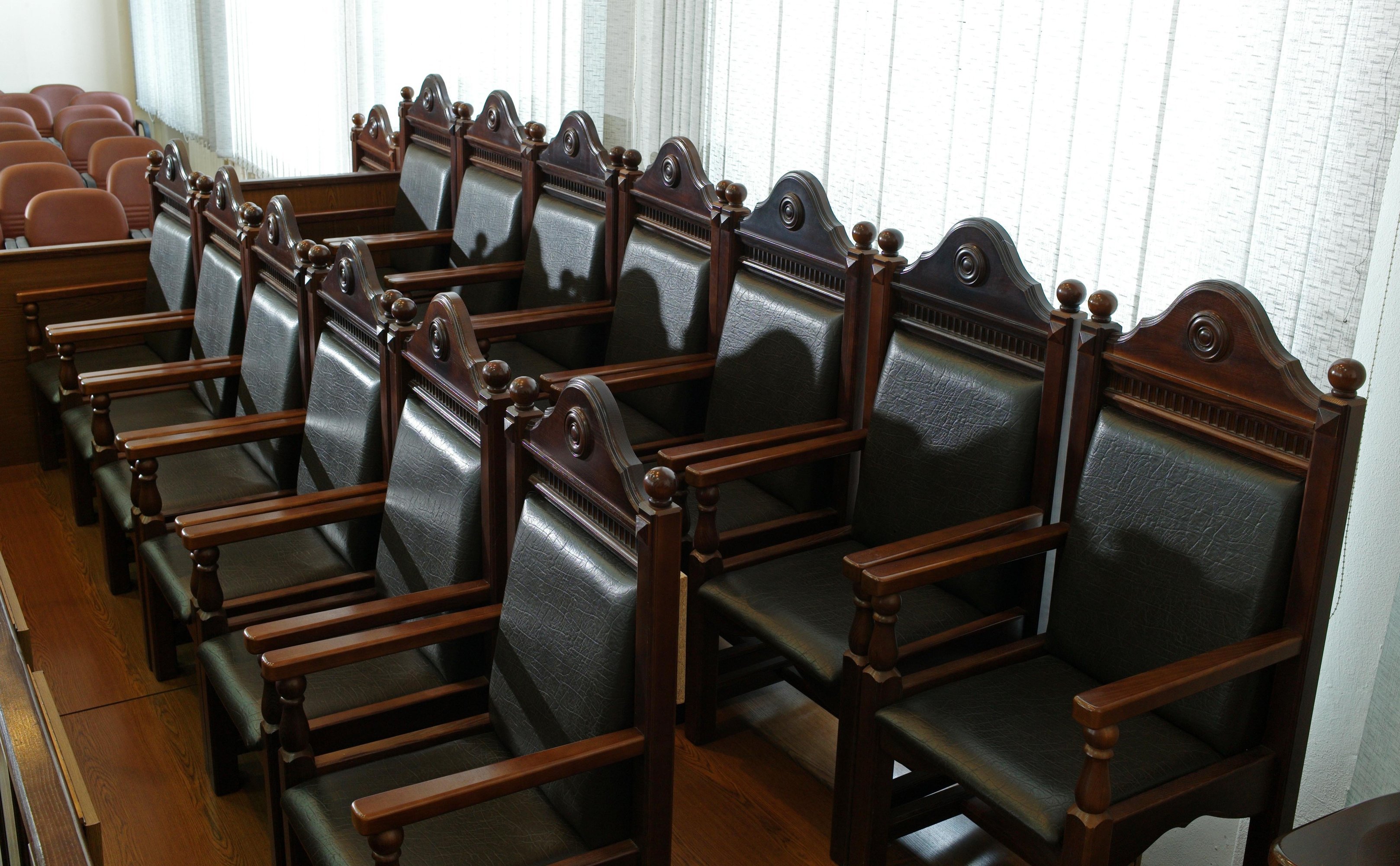MOSCOW, August 29 (RAPSI) – A jury panel announced acquittal in the criminal case against Dmitry Butov, who was charged with murder, which was the first time someone was acquitted by a jury in a Moscow district court after the jury trial jurisdiction had been extended, the press-service of the Tverskoy District Court has stated.
The panel unanimously found Butov innocent and the court declared his innocence as well, returning the criminal case for repeated investigation. Prosecutors appealed the ruling. Butov was charged with beating a person to death in 2017.
This is the first time a jury panel in Moscow acquitted a defendant after the reform. On July 24, the Cherymushkinsky District Court of Moscow announced jurors’ decision in a criminal case over attempted murder, finding the defendant guilty of attempted murder.
The law extending jury trial institution’s competence took effect in Russia on June 1.
Amendments submitted to the Criminal Procedural Code of Russia are aimed to implement decisions of the Constitutional Court regarding cases in the framework of which the most severe punishments would not envisage life imprisonment or death penalty. According to the law, these cases may be reviewed by a jury panel in district and garrison military courts.
The legislation extends the list of crimes which may be considered by jurors. They include cases over infringement on life of public officials, persons executing justice or conducting investigation and law enforcement officers.
Moreover, jurors have been entitled to consider cases on genocide, murder, infliction of grievous bodily harm, illegal producing and selling drugs and drug trafficking. As some of these crimes carry harsh sentence, their noncompletion could become a key element for jury trials.
The law also stipulates that cases against women and men aged 65 and older may be considered by jurors.
Previously, women as well as men over age of 65 cannot be sentenced to exceptional measure of punishment and therefore their cases can’t be reviewed by a jury trial. The Constitutional Court has found that the provision to contradict the Constitution and ruled to lift the restriction in order to ensure equal access to justice.



